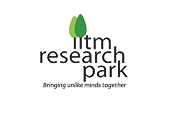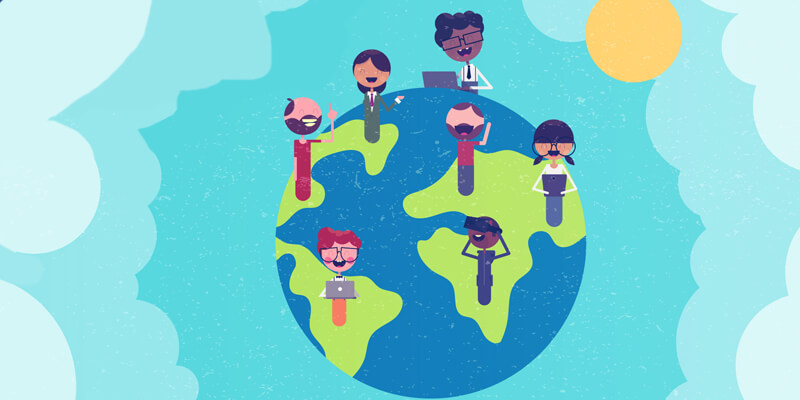CHENNAI: Mumbai’s crippling monsoon woes, dangers lurking on Delhi’s congested roads and access to healthcare in Tamil Nadu’s hinterlands. All have one thing in common — Open innovation.
Tech innovators from around the world came together to crowd source, brainstorm and provide solutions to three pressing local issues in the country. This open-innovation was facilitated by auto giant Ford’s global ‘Innovate Mobility Challenge’, which had almost 500 developers participating in its India-specific challenges.
Mentors in the field of innovation believe that open-innovation or crowd-sourcing approach is useful to make solutions scalable and also creates the much-needed bridge between business and academia. “Many foreign corporations consider their customers as their extended research team and this is gradually being seen in India Inc too,” Nagaraja Prakasam, mentor in residence at IIM-Bangalore said.
As the mayhem caused by Mumbai’s monsoons continues to be one of the sore points for its residents, real-time information on weather forecast, water logging and road-congestion is a huge asset. Khyati Majmudar’s winning solution brings information on these conditions through the crowd-sourcing mode into a mobile application to help commuters make smart decisions. Khyati, a mobility entrepreneur, devised the ‘The Mumbai Monsoon Helper’ app which is already live on Google Play Store and she plans to improve it with user feedback.
The increased mobile penetration in rural areas has presented an opportunity to put technology to use for advancement of health services in rural spaces. Accordingly, the Tamil Nadu innovation task resulted in a solution that connects healthcare workers to patient medical records with a fingerprint to enable informed decision making. SimPrints Solutions for Community Health Workers, a social enterprise from the UK, is the brain behind the solution which is in the prototype testing stage.
The challenge for the national capital was to enable access to healthcare facilities on time during an emergency, given the road congestion. The solution called ‘Flare’ came from two Indian students of University of Illinois, Utsav S and Dhruv D. Flare leverages data gathered from fellow drivers to provide real-time traffic information to alert authorities to service a certain location. They also aim to have Flare incorporated in the safety mechanism of vehicles.
“There is an exponential rise in industry academia engagement in the last two years. The research team of the organisation may be looking at an issue in a specific way but universities can be the ideal places where diverse solutions can emerge from inter-disciplinary engagement,” said Tamaswati Ghosh, in-charge of IIT-Madras’ Incubation Cell.
K Venkatesh Prasad, group and senior technical leader, vehicle design and infotronics, Ford Research and Innovation said, “These mobility challenges allow us to reach areas that have either been untapped or have not had mobility solutions available to them.” He added that they hope to continue to explore partnerships with the winners.
![]()


